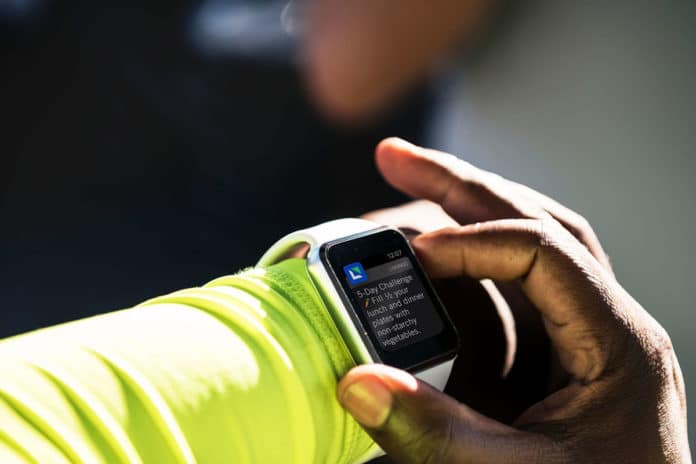In today’s busy life, wearables integrated with a health monitoring system are increasingly being used to help people manage medical conditions, like diabetes and heart disease.
On Wednesday, Livongo – a leading Applied Health Signals company, announced the launch of a bi-directional integration with the top smartwatches in the market, including leading models from Apple, Fitbit, and Samsung. Patients will be able to receive real-time health-related reminders and nudges to improve diet and exercise habits and other health information right on their wrist.
Besides, members will also be able to sync their steps data from their smartwatch to the Livongo app on their smartphone.
Smartwatches are one of the fastest growing new technologies and it is estimated that one in six people in the U.S. alone owns a smartwatch, techcrunch reports.
“Our smartwatch integration allows us to capture information from our Members, add it to our AI+AI engine, and return actionable, personalized, and timely information back to them,” said Dr. Jennifer Schneider, M.D., M.S., President of Livongo in a statement. “By offering another way to access personalized health insights, we are able to more easily influence positive behavior change, which we know can lead to better health.”
The Mountain View, Calif.-based company was founded in 2014, is empowering people with chronic conditions to live better and healthier lives. It claims that it is now serving over 164,000 active users, and is expected to be among the first so-called “digital health” companies to go public this year.
Back in April, the company debuted an Alexa skill that allowed users to get blood glucose readings and other health tips from their device. It is also using Amazon Lex and Amazon Polly to power its voice-enabled blood pressure monitoring system.
The actual idea is to use the wearables, smartphones, and other devices as medical tools, which will give the momentum to the medical community as well as the users themselves, in this busy world. Wearables are now able to read blood pressure, calculate VO2 max, heart rate, sleep, stress levels, and more. As the wearables market continues growing, it is a guarantee that we will see more advanced healthcare technology in the future.
